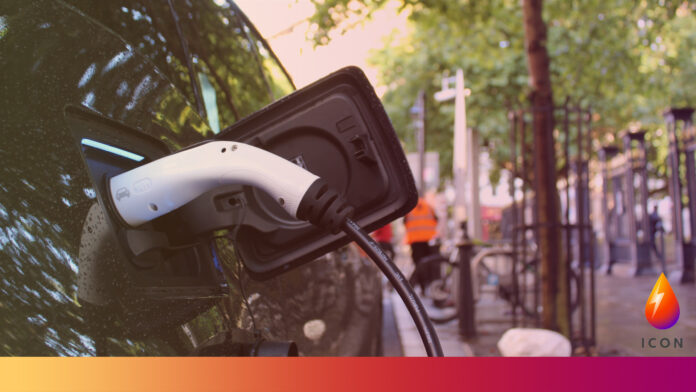
Almost one in four (24%) consumers plan to buy an electric vehicle or plug-in hybrid in the next five years, according to new research.
Ipsos MORI carried out the research on behalf of Ofgem, interviewing 4,608 respondents between June and September 2020 across England, Scotland and Wales.
Three in four (74%) consumers to take part in the research identified electricity generation and transport, such as fossil fuel power stations and exhaust emissions, as activities that play a big part in contributing to climate change.
However, according to the research, fewer consumers (60%) identified domestic heating, like gas boilers, as playing a big part in contributing to climate change, although one in seven (14%) intend to install low carbon heating, such as heat pumps.
The Climate Change Committee anticipates around 18 million battery and plug-in hybrid electric vehicles will be on the road by the ban on the sale of new internal combustion vehicles being introduced in 2030.
Findings of the Ofgem research included:
- Those who own electric vehicles are more open to embracing changes in how they use their energy.
- Electric vehicle owners are three times more likely to say they are on a time of use tariff than non-owners.
- Over half (60%) would consider smart charging of their vehicle to avoid times when electricity is most expensive.
Although many consumers intend on changing their car to an electric one, over a third (38%) said they were unlikely to get an electric vehicle in the next five years.
According to Ofgem, this is due to perceived barriers like the price being too high (59%), a short battery life and/or short range (38%) and worries about having nowhere to charge their electric vehicle close to home (36%).
Jonathan Brearley, Ofgem’s chief executive, commented on the findings: “As more consumers make the switch to electric vehicles in the next five years, Ofgem will be announcing millions of pounds of investment to create a more flexible energy system to support the electrification of vehicles, renewable generation and low carbon forms of heat.
“Securing the investment is only half of the answer. Climate change can only be tackled if consumers are engaged in the process.
“For this to happen the transition to a low carbon economy needs to be fair, inclusive and affordable.
“Energy regulators have a key role to play in delivering this transition and we will be seeking to work with regulators across the world in the run up to the COP26 climate change talks to develop proposals that benefit consumers and the planet.”